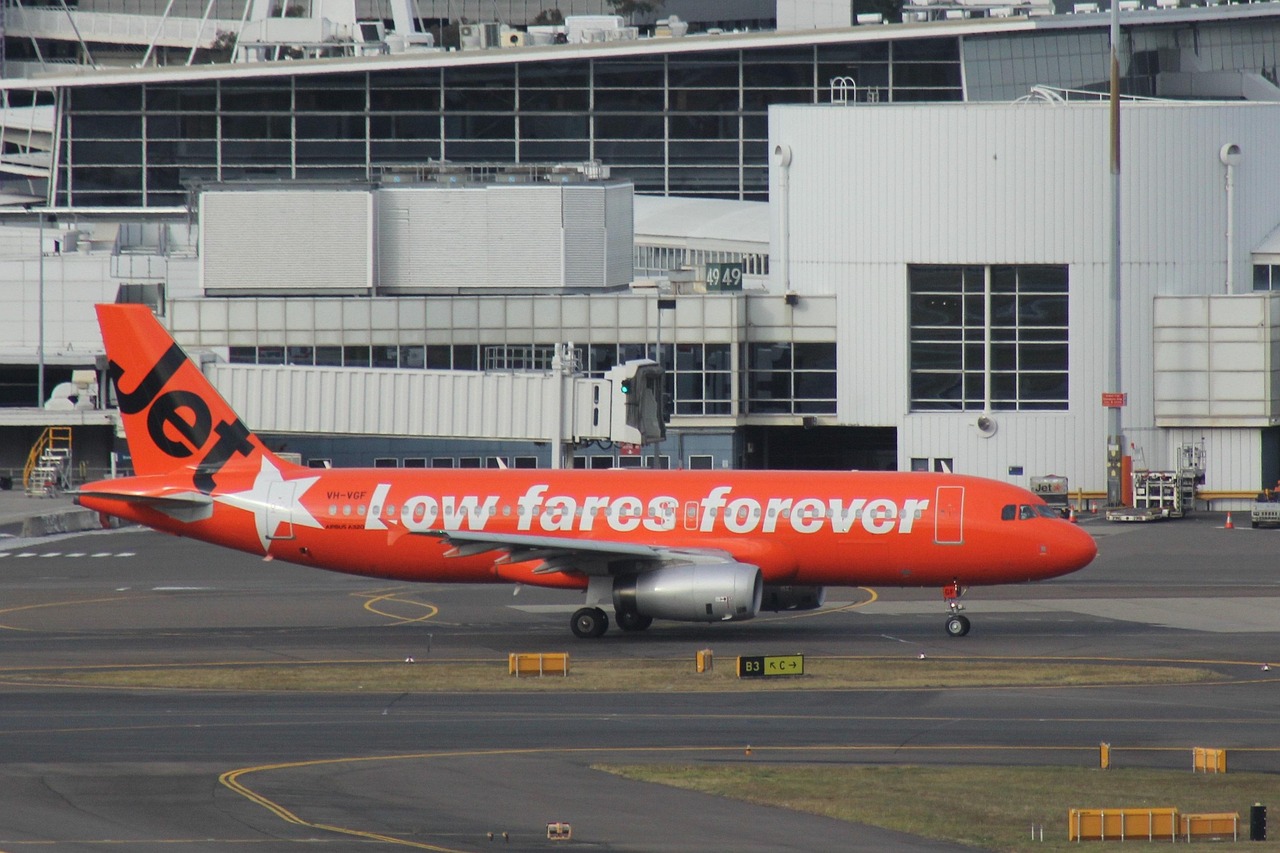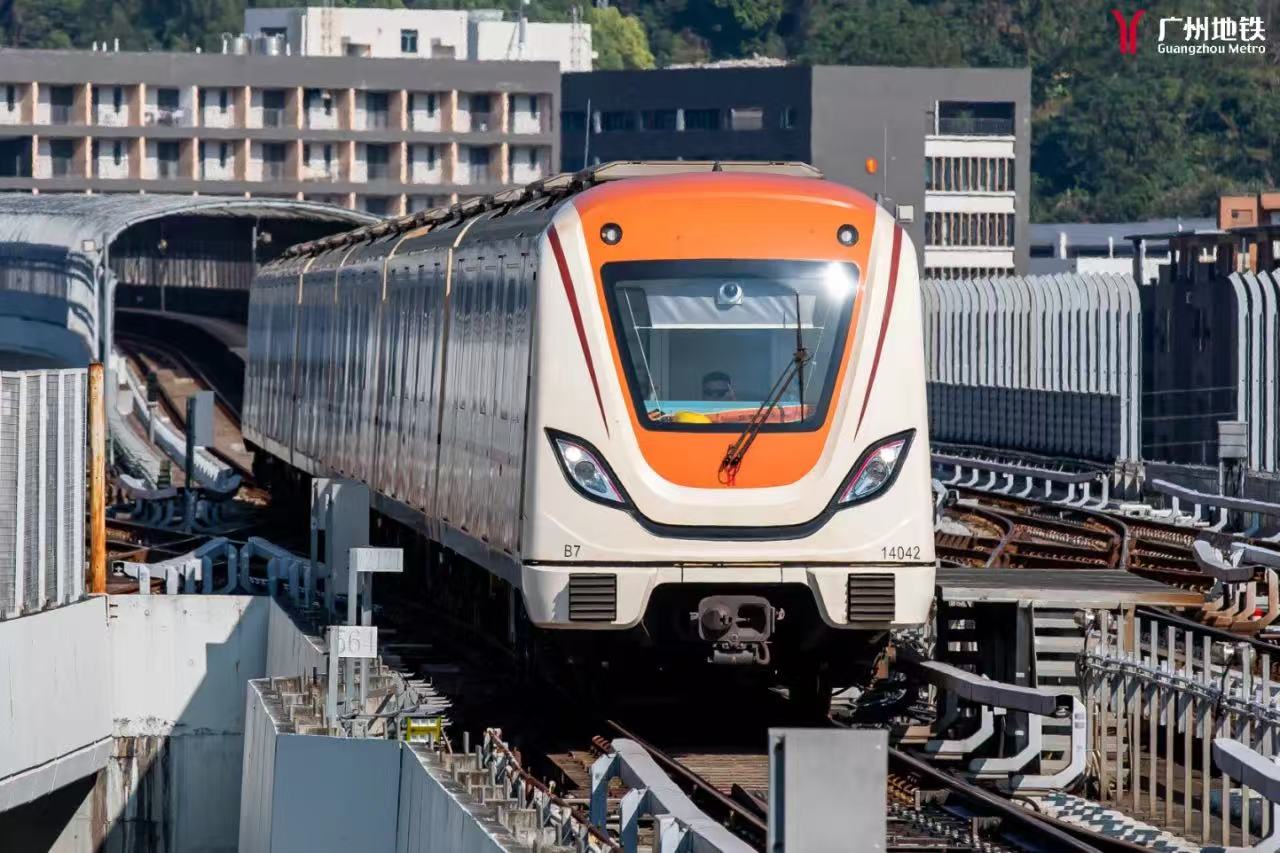Jetstar Asia, the Singapore-based low-cost carrier operating under the Qantas Group, will officially cease operations on July 31, 2025, after more than two decades in the air.
Founded in 2004 and operating mostly short-haul routes within five hours of Singapore—including occasional links to Chinese cities like Haikou and Wuxi—the airline cited rising costs and fierce regional competition as reasons for the closure.
 Jetstar Asia announcement. Screenshot by That's
Jetstar Asia announcement. Screenshot by That's
Flight services will gradually be reduced until the shutdown date. Affected passengers with travel booked after July 31 can apply for a full refund either through direct communication with Jetstar Asia or via the 'Manage Your Booking' portal.
Jointly owned by Singapore’s Westbrook Investments (51%) and Qantas (49%), Jetstar Asia is just one of several Jetstar-branded operations.
Its closure does not affect Jetstar Airways in Australia and New Zealand or Jetstar Japan, both of which will continue flying as usual.
The shutdown affects 16 intra-Asia routes, with the airline’s fleet of 13 Airbus A320s to be reallocated to Australian and New Zealand, strengthening Qantas’ and Jetstar’s domestic networks.
Jetstar Asia’s fall is not an isolated case. The global low-cost airline sector has taken a serious hit since the pandemic, with Spirit Airlines filing for bankruptcy in the US, and multiple Canadian budget carriers—including Canada Jetlines, Lynx Air, and Swoop—also grounding operations.
In contrast, Chinese budget airlines appear to be flying high. Spring Airlines, China’s largest low-cost carrier, emerged as the most profitable airline in the country in 2023, and continues to lead in 2024, defying global trends.
According to industry analysts, China’s aviation landscape differs dramatically from that of Western countries. Airline licenses are tightly controlled and highly valued, making acquisitions more attractive than collapse during tough times.
Several struggling Chinese carriers—including Qingdao Airlines and Ruili Airlines—were rescued by local governments or new investors.
Meanwhile, Spring Airlines benefits from operating an all-narrow-body fleet without reliance on long-haul routes, which are recovering slowly post-pandemic.
This allows it to remain agile and cost-efficient amid domestic fare wars triggered by excess capacity from bigger carriers.
Jetstar Asia’s shutdown marks the end of an era, but it also spotlights an ongoing shift: while many global budget carriers are still finding their footing, Chinese low-cost airlines are quietly rewriting the rules of survival.
For travelers who have already booked flights with Jetstar Asia beyond July 31, we strongly advise reaching out to the airline directly for the latest updates and to process any applicable refunds.
For more updates on travel, aviation, and life in China, follow our official WeChat account, ThatsGBA.
[Cover image via Pixabay]




















0 User Comments